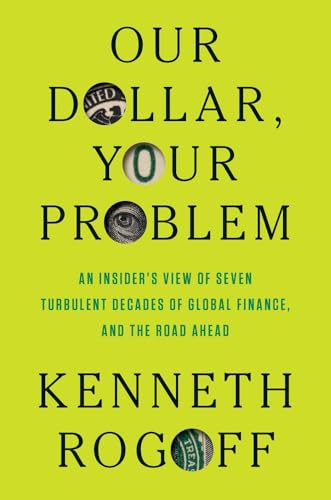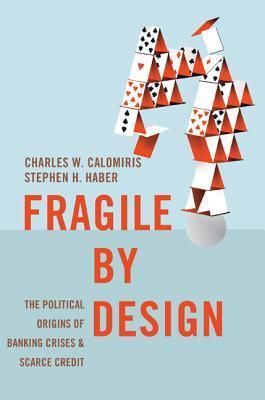
Currency Wars: The Making of the Next Global Crisis
Book Description
Money is more than just bills and coins; it’s a weapon in a global showdown. In "Currency Wars: The Making of the Next Global Crisis," James Rickards unveils a high-stakes battle for economic supremacy, revealing how nations manipulate their currencies to ignite chaos. As the clash intensifies, the fallout threatens to plunge the world into darkness, unraveling economies and jeopardizing lives. With powerful insights into government strategies and financial systems, the narrative pulses with urgency and intrigue. Are we on the brink of an unprecedented financial crisis that could change everything?
Quick Book Summary
Currency Wars: The Making of the Next Global Crisis by James Rickards exposes the hidden battles raging beneath the surface of global finance, where nations vie for advantage by manipulating their currencies. Rickards argues that these "currency wars"—periods of competitive devaluation—are not new, but have evolved into increasingly destructive forms that threaten global economic stability. Drawing on history, economic theory, and insider experience, Rickards paints a vivid picture of how central banks use monetary policy as a tool of war, with far-reaching consequences for nations, businesses, and ordinary people. The book warns that unchecked currency manipulation could set off a devastating new crisis, urging policymakers and readers alike to understand the stakes of this high-level gamble.
Summary of Key Ideas
Table of Contents
Currency Manipulation as Economic Warfare
James Rickards introduces the concept of currency wars—competition among nations to devalue their currencies for trade advantages or political goals. He explains that currency manipulation is not merely economic policy, but a form of warfare with global ramifications. Governments devalue to make exports cheaper and imports dearer, but when several nations pursue this simultaneously, it risks stoking inflation, distorting global trade, and unsettling financial markets. Rickards draws from his experience and access to closed-door simulations to explain the complex mechanisms states use and highlights how uncoordinated moves heighten tension.
Historical Precedents of Currency Wars
Tracing the history of currency conflict, Rickards outlines three major "currency wars" over the past century. He examines how post-World War I reparations led to monetary chaos in Europe, how competitive devaluations deepened the Great Depression, and how the collapse of the Bretton Woods system in the 1970s created new vulnerabilities. Throughout these episodes, Rickards emphasizes recurring patterns of mistrust, crisis, and ultimately, real economic hardship, showing how past crises parallel today's environment.
Consequences for Global Stability
The book delves into the consequences of modern currency conflicts, warning that the interconnected nature of global finance makes the world more vulnerable than ever. Currency wars can trigger trade wars, foster inflation or deflation, and erode confidence in major financial institutions. Rickards argues that rising tensions and instability threaten not only economic well-being but also geopolitical peace, as nations blame each other for internal problems and retaliate, creating a vicious cycle.
The Role of Gold and the Future Monetary System
Central to Rickards' analysis is his discussion of gold, the role of the U.S. dollar, and the future of the international monetary system. He contends that as trust in fiat currencies erodes, gold may again anchor global finance, either officially or unofficially. The book highlights the vulnerabilities of an overleveraged system reliant on the U.S. dollar as the world’s reserve currency, making the case for diversification and the reevaluation of foundational monetary principles.
Policy Responses and Individual Preparedness
Rickards concludes by offering possible responses for both policymakers and individuals. He calls for international coordination and transparency to mitigate the risks of currency wars. For readers, he advises financial prudence and awareness, recommending strategies such as diversifying assets and tracking global monetary trends. Ultimately, "Currency Wars" is a call to greater consciousness about the systems that underpin economic life, and a warning to prepare for a future where monetary conflict could be as consequential as traditional warfare.
Download This Summary
Get a free PDF of this summary instantly — no email required.





